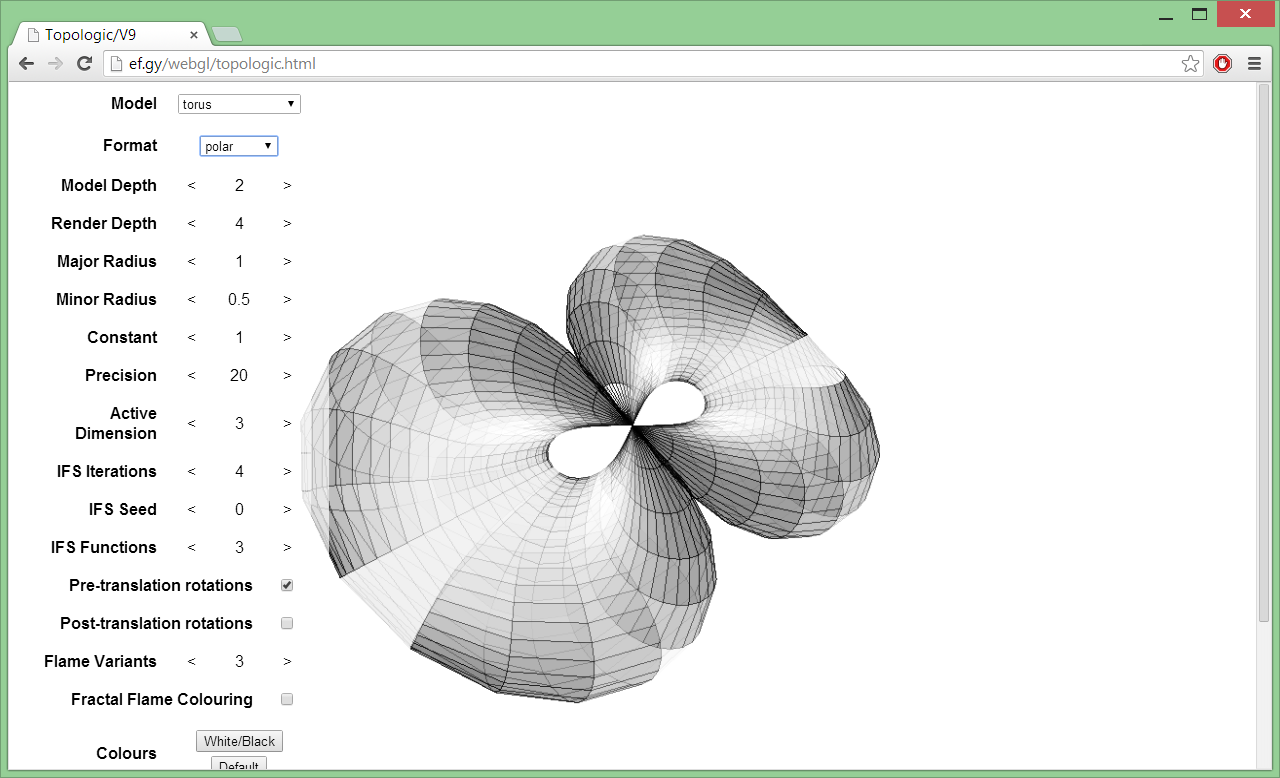Software Details:
Version: 2.5.1
Upload Date: 14 Apr 15
Developer: San Diego Supercomputer Center
Distribution Type: Freeware
Downloads: 39
Parallel Three-Dimensional Fast Fourier Transforms, dubbed P3DFFT, is a library for computational computing in a wide range of sciences, such as physics, climatology, chemistry.
This project was developed at SDSC by Dmitry Pekurovsky as a product of a Strategic Applications Collaborations (SAC) project.
Features:
- Parallel implementation with 2D data decomposition, overcoming an important limitation to scalability of other 3D FFT libraries implementing 1D, or slab, decomposition.
- Optimized for parallel communication and single-CPU performance.
- Built on top of well-optimized and flexible 1D FFT libraries.
What is new in this release:
- This version adds assorted bugfixes and enhancements.
What is new in version 2.4:
- Several small bugs were fixed. When the STRIDE1 option is used, the Fourier-space complex array is now stored in the form (Z,Y,X) rather than (Z,X,Y).
- The C interface is now more robust, and C++ support is available (in beta phase).
- A new installation process based on the GNU configure tool is used to facilitate installation on a variety of platforms.
- The documentation was updated to clarify available options.
- New examples were added.
- The project was relocated to Google Project Hosting.
What is new in version 2.3.1:
- An option has been added to overwrite the (complex) input array when using the complex-to-real transform with FFTW.
- An option has been added to use data layout using unit-stride on output of the real-to-complex routine, i.e. (Z,X,Y) ordering.
What is new in version 2.3:
- A C interface has been added.
- More examples have been added: in-place transform and power spectrum calculation.
- Performance improvements have been made.
- Ghost cell support was added for nearest-neighbor communication.
- Several bugs have been fixed.


Comments not found